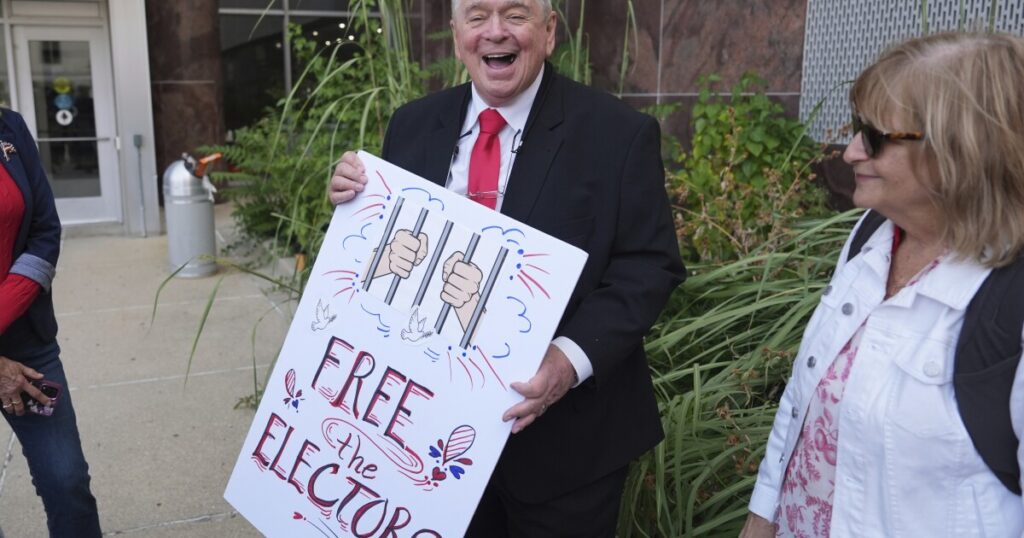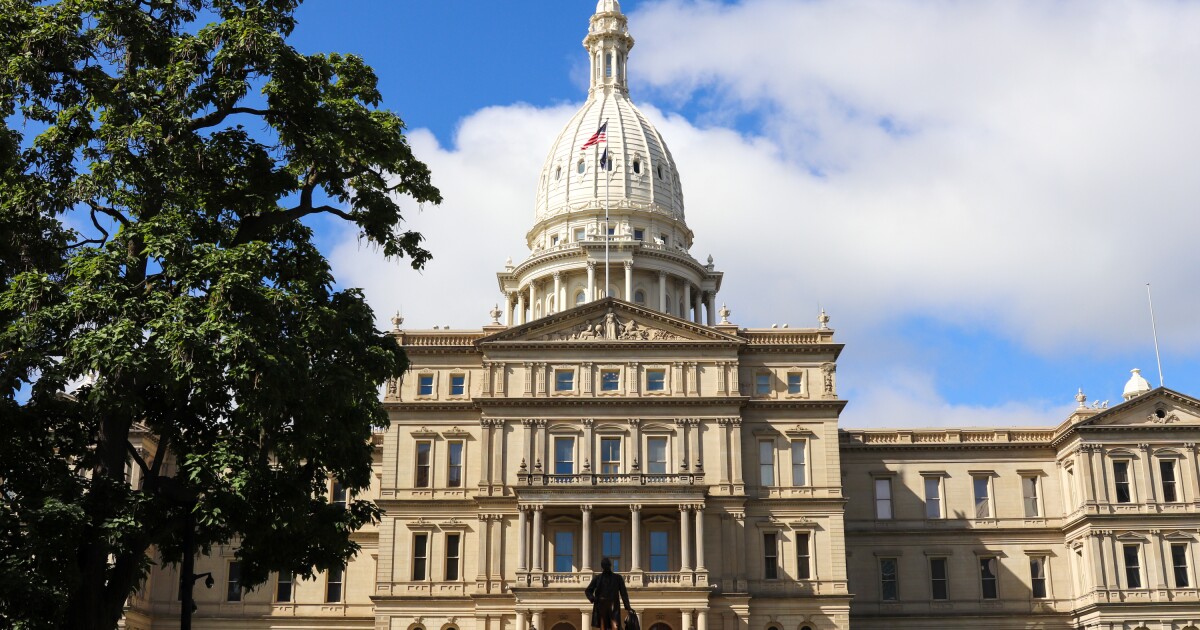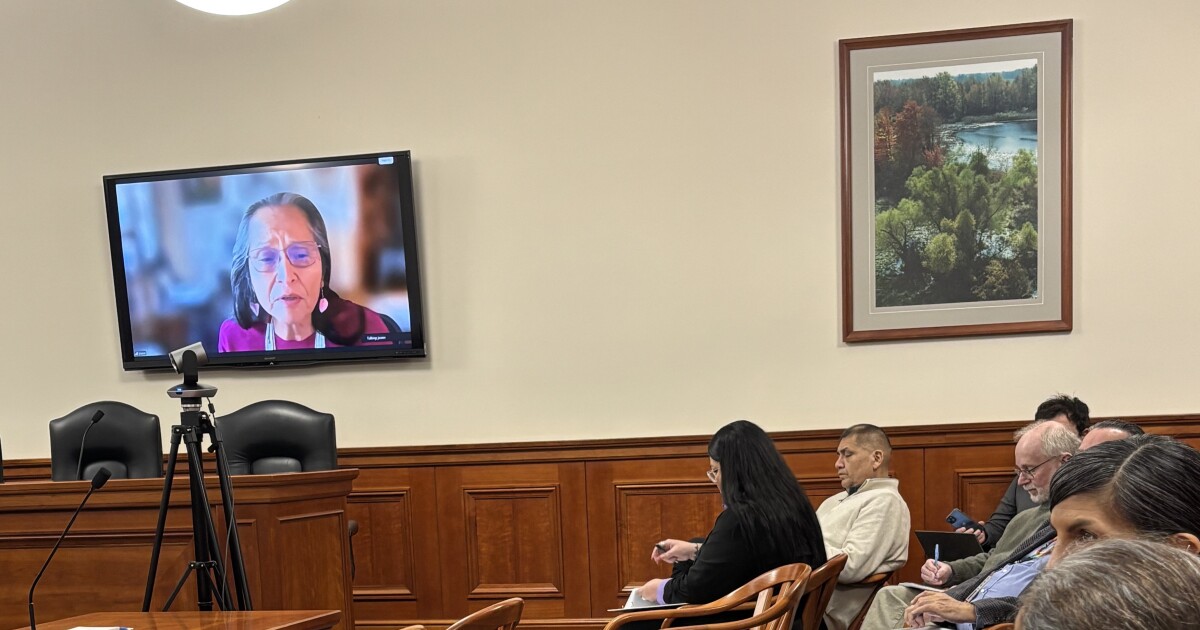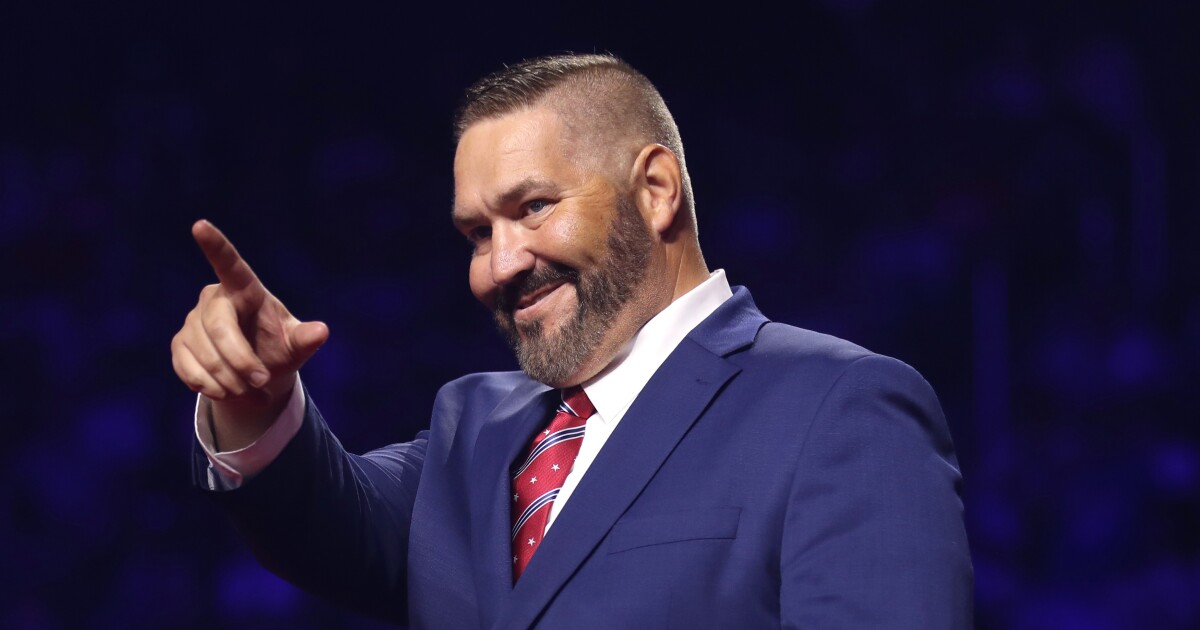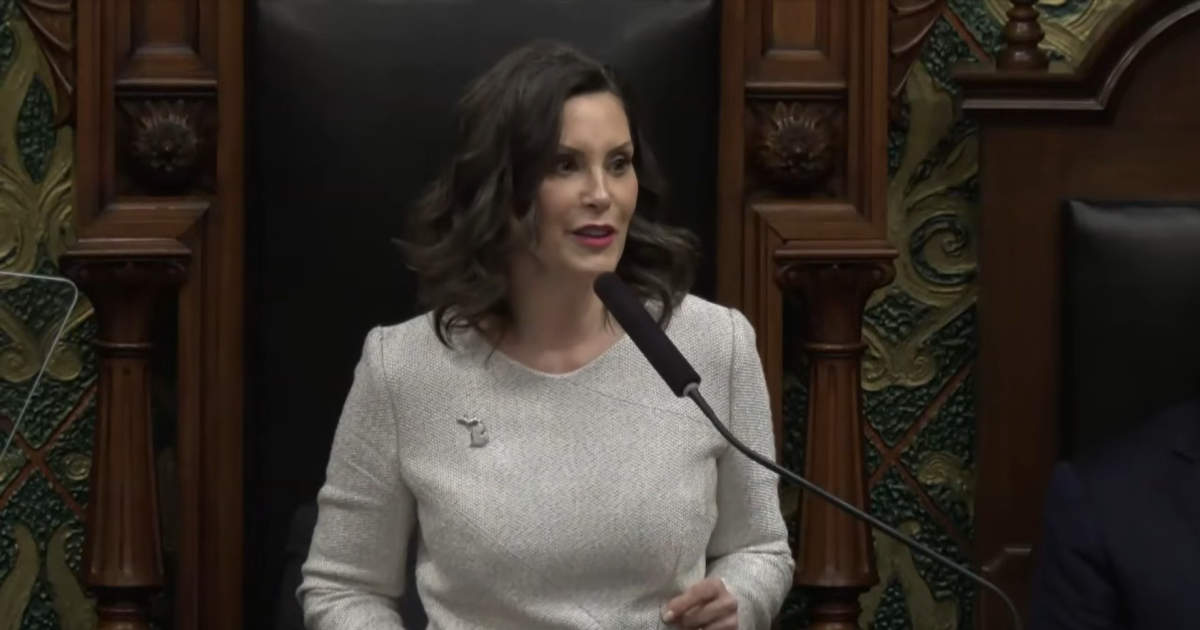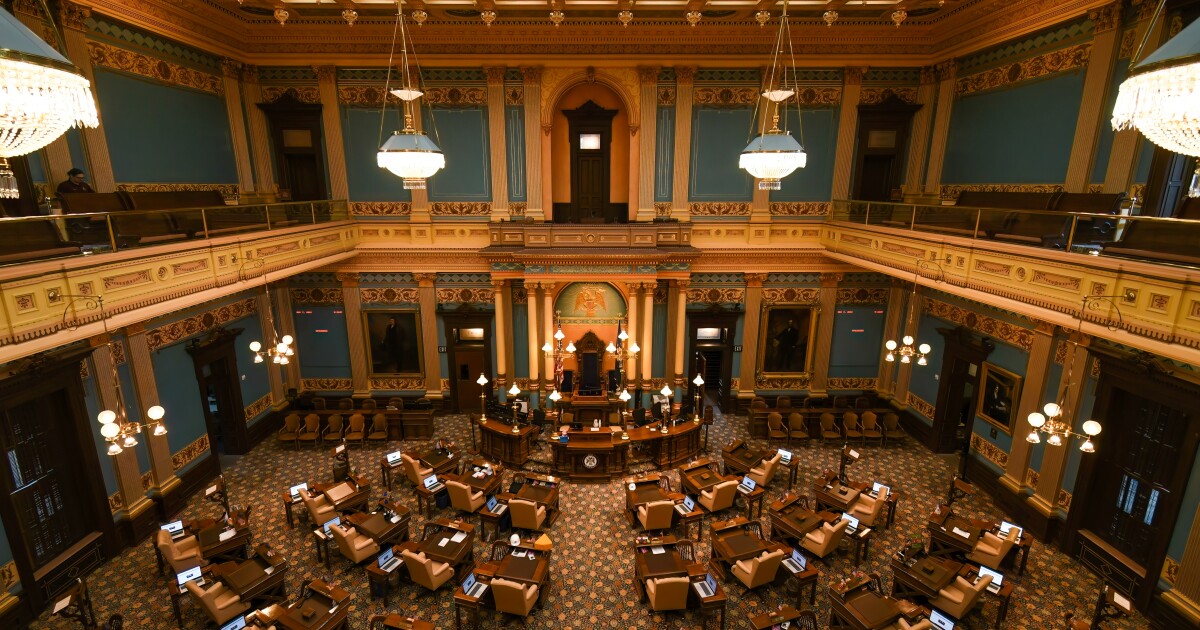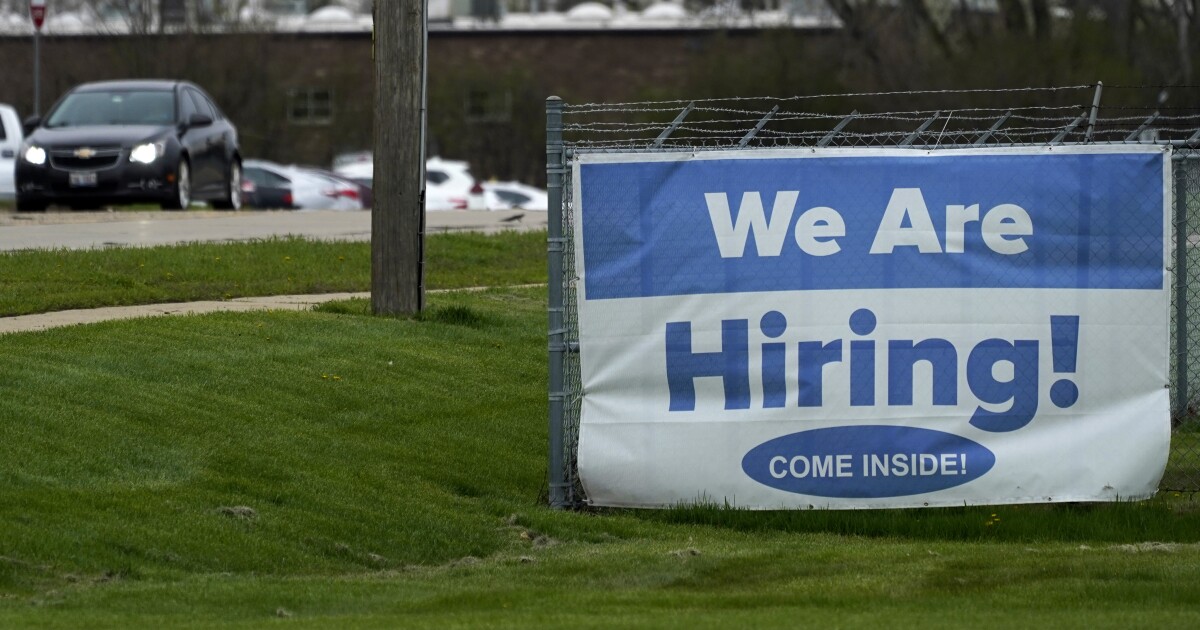As legal battles continue over the aftermath of the 2020 presidential election, state and local prosecutors have grappled with cases involving so-called “fake electors.” These individuals, in key states won by Joe Biden, claimed to be the legitimate Electoral College members set to cast votes for Donald Trump. This was part of an effort to sway Congress to reject Biden’s electors and award the presidency to Trump.
While Donald Trump was eventually cleared of charges following his election victory, the cases against these electors proceeded, spearheaded by Democratic prosecutors. Many of these cases, however, have stalled or encountered legal obstacles. A notable development occurred when a Michigan judge dismissed charges against 15 Republican defendants, stating prosecutors failed to prove fraudulent intent.
Judge Kristen Simmons, originally appointed by a Democratic governor, commented on the sincerity of the defendants’ belief in election irregularities, stating, “Right, wrong or indifferent, it was these individuals and many other individuals in the state of Michigan who sincerely believed — for some reason — that there were some serious irregularities with the election.”
Setbacks in Various States
Michigan’s decision follows similar rulings in other states. In Arizona, the case was returned to the grand jury for clarification on federal law. Meanwhile, a Nevada judge dismissed charges due to jurisdictional issues, prompting an appeal and refiling by Democratic attorneys general in Nevada and Arizona.
In Georgia, the fake elector allegations are part of a broader case against Trump and others, which is currently paused due to an appeal involving the removal of a district attorney for ethics concerns.
Michigan’s Attorney General Dana Nessel expressed frustration with the challenges faced in pursuing election-related cases, citing “the fear of retaliation and the ongoing intimidation of threats our judges receive when presiding over cases in which the president has a stake.”
Legal Complexities and Challenges
Anthony Michael Kreis, a law professor at George State University, noted the unprecedented nature of these cases, which the legal system is not fully equipped to handle. “The bottom line is, these very 40,000-foot level cases that are brought to ‘protect democracy,’ the criminal justice system isn’t equipped to handle that,” he said.
The controversy stems partly from ambiguous 19th-century electoral laws that were used by Trump and his allies to challenge the certification of presidential winners. In 2022, Congress enacted reforms to close these loopholes, clarifying that a state could submit only one slate of electors, authorized by the governor.
Supporters of Trump’s 2020 election reversal efforts have hailed the Michigan ruling as a vindication. Meshawn Maddock, a key figure among the charged Michigan Republicans, stated, “We all knew from day one that we had done nothing illegal or wrong,” emphasizing their role as “Alternate Elector[s] in support of Donald J. Trump.”
Another defendant, Marian Sheridan, described their actions as a precautionary measure, asserting they were acting as a “backup” in case of a legal victory for Trump.
Future Implications
Rick Hasen, a law professor at UCLA, highlighted the broader implications of these legal proceedings, stating that the failures of these prosecutions and Trump’s legal immunity create “really bad incentives for a system of free and fair election and peaceful transitions of power.”
While the attorneys general in Arizona and Nevada have refrained from commenting due to ongoing proceedings, Wisconsin’s case continues without major setbacks. Despite some dismissals and legal challenges, the debate over the actions and intentions of the so-called fake electors remains a pivotal issue in the ongoing discourse surrounding election integrity and democratic processes.
—
Read More Michigan News

